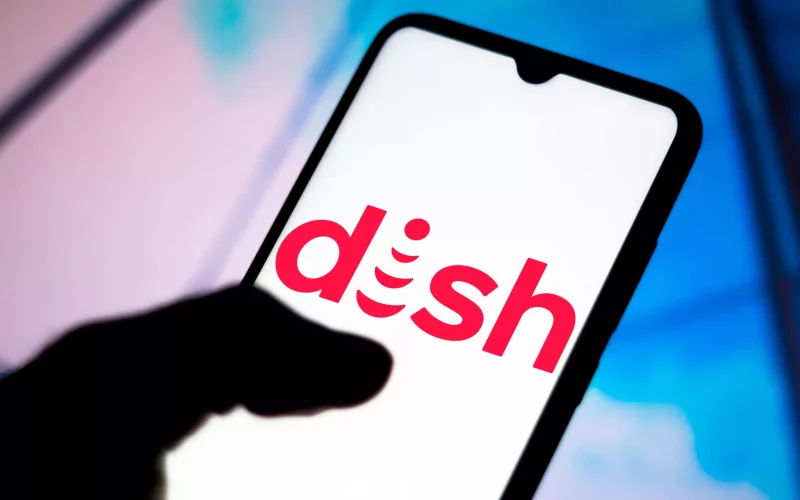tmobile cdma dish boost mobilefriedaxios
Dish Network complained in a petition to the FCC on Thursday that its cellular service provider T-Mobile is racing to shut down a network that millions of Dish’s Boost Mobile subscribers still use.
Why it matters: T-Mobile was only permitted to buy Sprint after agreeing to sell a number of assets to Dish, including its Boost prepaid division. Additionally, while it builds up its own 5G network over the next years, Dish is heavily dependent on T-Mobile for network services.
Driving the news: Although Dish’s letter to the FCC covers a number of issues, the closure of the CDMA network, which was once used by Sprint and is still used by the bulk of Dish’s 9 million Boost Mobile customers, is the main one.
T-Mobile promised to offer network services as part of the sale of Boost to Dish, but it made no commitments on how long it would keep running the CDMA service (Sprint’s legacy network).
According to sources familiar with Dish’s thinking, Dish had anticipated that T-Mobile would eventually seek to shut down that network in three to five years. Sprint, however, said in the latter part of last year that it will attempt to close it down much earlier, on Jan. 1, 2022.
What they’re saying: Dish wrote in the letter, “A forced move of this size under this expedited time frame is just not viable and may likely leave millions of Boost consumers disenchanted and without mobile coverage by January 1, 2022.
It also pointed out that Verizon, whose CDMA user base is under 1%, has repeatedly postponed its closure and now intends to do so in 2023, one year after T-Mobile.
There was no one from T-Mobile accessible to comment right away.
Between the lines: The controversy is significant because Dish will depend heavily on T-Mobile for network services for the foreseeable future as it develops its own 5G network. (Dish anticipates launching its own 5G service in its first city this year; the countrywide roll-out will take some time.)
Our thought bubble: Considering how dependent Dish is on T-Mobile, it makes sense to assume that a public argument was not the company’s first line of action and that Dish only approached regulators after failing to persuade T-Mobile to postpone the network shutdown.
Dish also claims in the letter that T-Mobile has changed its position on other spectrum-related matters. Dish claims that T-Mobile is now using the same strategies as AT&T and Verizon, in contrast to the past when it advocated for legislation supporting smaller rivals.
“T-Mobile supported laws that encouraged competition, diversified spectrum ownership, and effective spectrum usage during its formative years as the “Un-Carrier.” how swiftly events occur, “In its letter, Dish states. “T-Mobile now opposes policies that would aid new entrants and smaller carriers in competing,” reads the statement.




